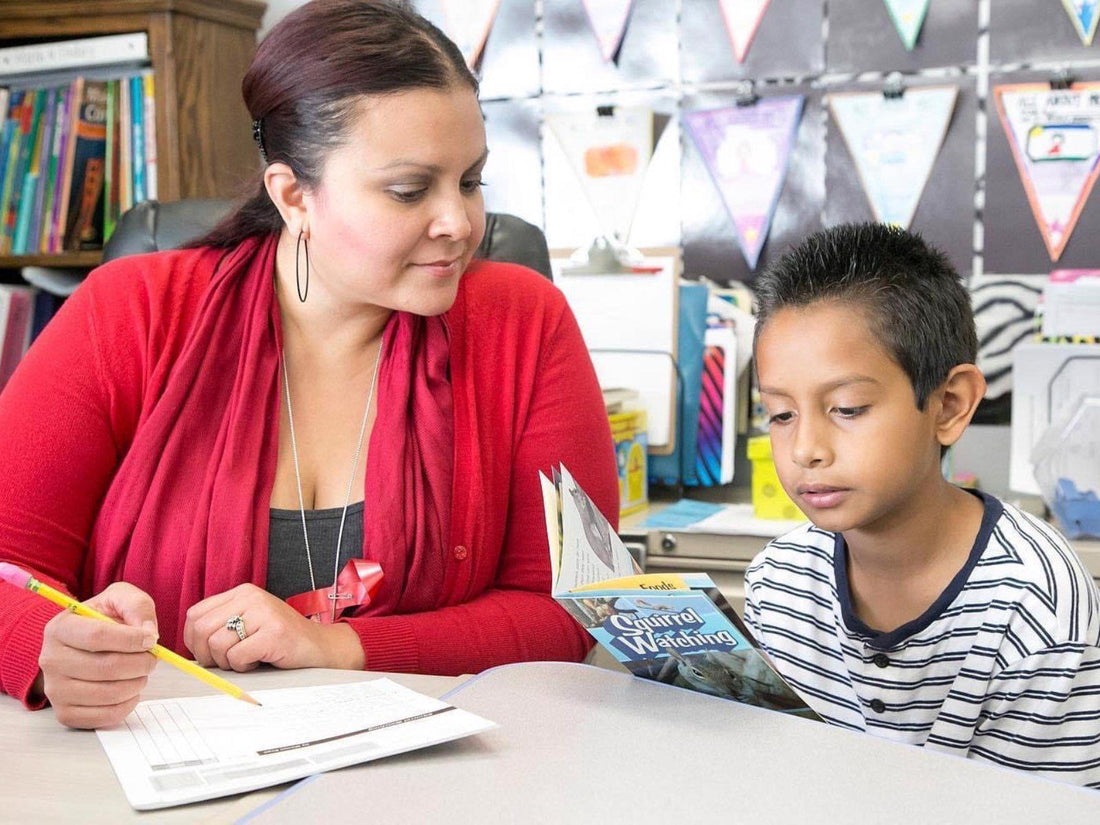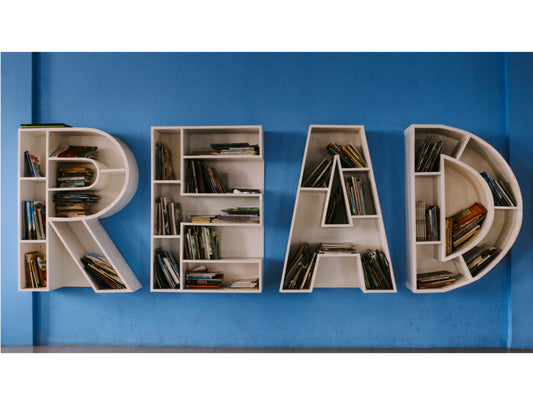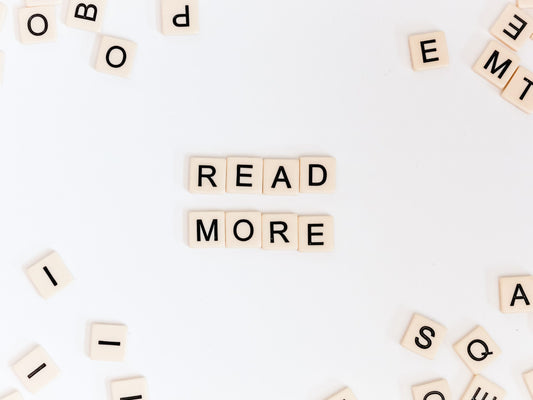Why does literacy really matter so much?
A quote from the Education Review Office sums it up very well:
“Becoming literate is arguably the most important goal of schooling. The ability to read is basic to success in almost every aspect of the school curriculum, it is a prerequisite skill for nearly all jobs, and is the primary key to lifelong learning. Literacy determines, to a large extent, young children’s educational and life chances and is fundamental in achieving social justice.”
-NZ Education Review Office | Tunmer & Chapman
Here is a statistic about later in life:
“The average worker now processes around 100,000 words of information every day – 500% more than what workers processed in the 1980s.
-The Organised Mind | Levitin
Yet, in many OECD countries, literacy skills are at crisis point. I’ll let you do the research for your own particular country. But it is across the board for the same reasons as we will soon see. The averages look like this:
“40% of adults (get all of the way through school and are still) unable to read at functioning level.” -Book Council Survey 2018
Amazingly enough, this exactly correlates with findings about earlier years:
“Research says that 40% of learners need a more structured approach”
-Ros Lugg, Literacy Teacher Trainer NZ
What is a “Structured Approach”
In the context of reading, this means:
- Levelled books
- Age-appropriate topics and pictures
- Supporting activities that ensure comprehension
- Audio-support that increases fluency
-
Conferencing and planning advancement
-Meryl-lynn Pluck, RTR | PHD | Creator of Rainbow Reading
While tempting, due to being simpler and easier, it does not initially involve digital resources (they should be for at-level readers only). The reason for that can be found in our supporting article here.
Levelled Books
A levelled-book has text that has been standardised to a certain level of reading. It has undergone a detailed process of analysing the complexity of words, frequency of the occurrence, likely past knowledge and experience of students as well as actual in-class checks.
Age-appropriate Topics and Pictures
For a student that is reading at-level, these would be at-age.
For a student that is behind, these would need to be higher than their reading level.
Supporting Activities
It is important that students don’t simply decode (the risk with phonics/decodables) before moving to the next reading level.
If they do, comprehension and, therefore, actually understanding meaning can be missed. Which, of course, defeats the purpose of reading in the first place.
Activities that enhance and check comprehension help this.These can include: Dice Games, Text Sequencing, CLOZE, Word Search and Writing activities.
Appropriate comprehension questions are also very important to deepen and check understanding.
Audio Support
It stands to reason that, by hearing as well as seeing, students pick up more learning by way of more sensory inputs. Audio also provides learning that reading alone cannot. Fluency and pronunciation of new words are two such benefits audio support can provide.
It is important that audio is real (human) voice read at an appropriate pace. Of course interesting expression helps as well!
Conferencing
Conferences should happen before and after reading a new title:
Before: to help choose and discuss a new book.
By spending a few minutes bringing up past knowledge/experience, you can help your student build a better foundation to read from. Questions around what the book may be about or, what may happen, also helps engage their brain; ready to investigate the upcoming text.
Summary
It is becoming increasingly important, for the most meaningful life-outcomes, that we help students learn to read at a functioning level.
By using a structured approach, you can better ensure your students are developing their reading properly; including comprehension and fluency.
Using a programme that embraces this approach and provides the necessary support by way of levelled-books, age-appropriate topics and pictures, supporting activities, audio and conference questions is vital.
Recommended Resource
Interested in a programme that embraces everything mentioned above?
See our New Heights & Original Rainbow Reading Programmes here
• Conference guides and outlines
• Audio-assistance (accelerates reading improvement by an average of 400%)
• Levelled books with age-appropriate topics and pictures
• Title-specific questions to increase depth of learning
• Supporting activities in enhance and check comprehension
References
New Zealand’s Falling Literacy Rates are Due to Poor Teacher Training -2017
Ros Lugg
The Organized Mind: Thinking Straight in the Age of Information Overload -2015
Daniel Levitin
The Development of New Zealand’s National Literacy Strategy -2015
William Tunmer and James Chapman
-The full quote states:
“Becoming literate is arguably the most important goal of schooling. The ability to read is basic to success in almost every aspect of the school curriculum, is a prerequisite skill for nearly all jobs, and is the primary key to lifelong learning. The complexity of the global economy and the political and social challenges the world faces place ever increasing demands on strong literacy skills. Literacy determines, to a large extent, young children’s educational and life chances and is fundamental in achieving social justice. Given the importance of acquiring literacy skills, it is understandable that education systems throughout the world strive to achieve excellence in literacy education.”





